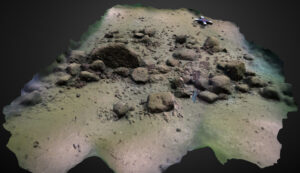Dr. John Dee (1527-1609) was an occultist, mathematician, astronomer and astrologer who lived in Mort Lake, West London for most of his life. An educated man who studied at St. John’s College in Cambridge, was eventually accepted into influential circles of the ruling elite and acted as scientific advisor and confidant to Queen Elizabeth I.
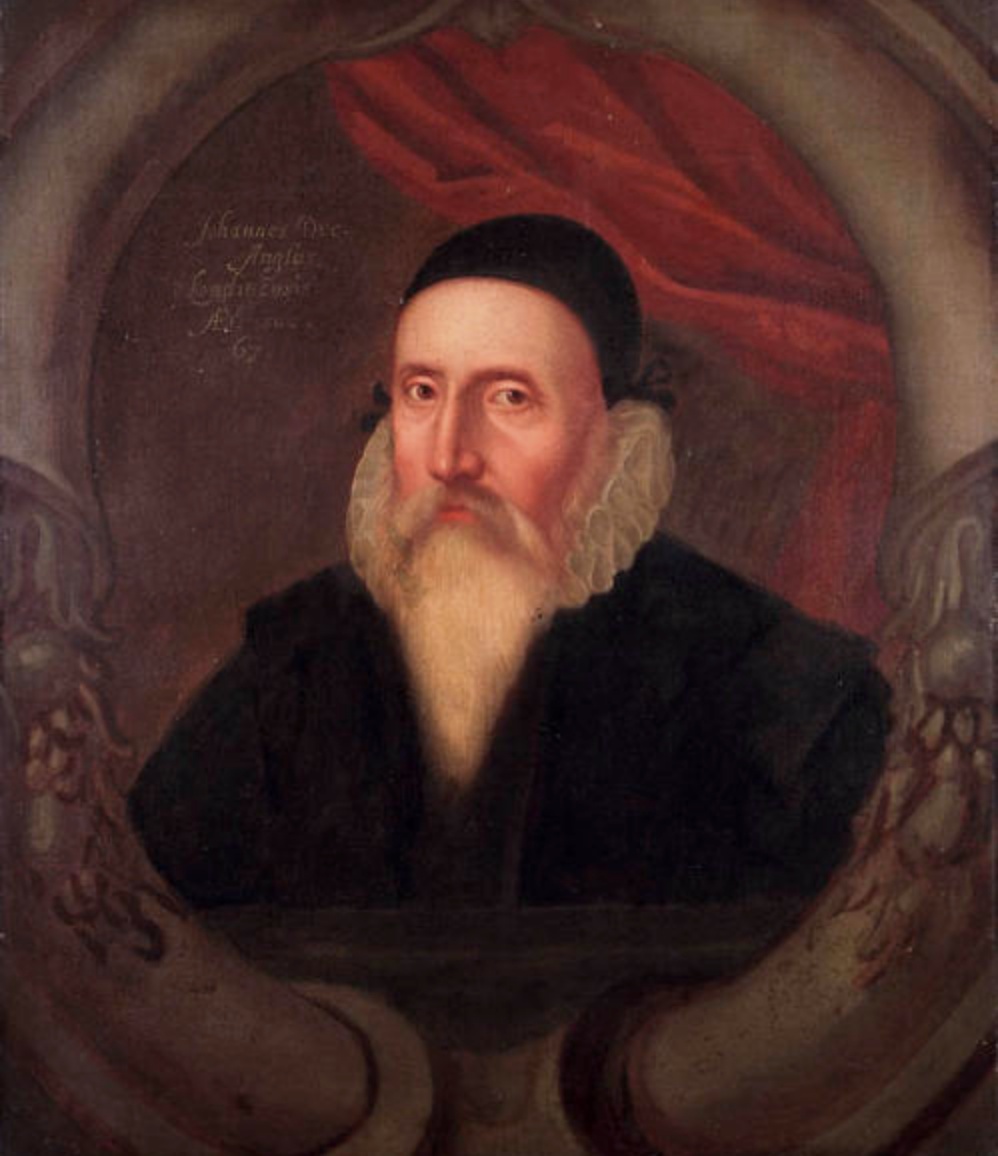
During the early part of his life, Dee had little interest in the supernatural. Later on, he became disillusioned with science and began experimenting with magic and the occult things. Dee was looking to discover lost spiritual knowledge and recover the wisdom he believed was hidden in books of antiquity. Among these books was the then-fabled Book of Enoch, which he conceived as being a book describing the magic system used by the Patriarch in the Bible.
There are many mythical “languages”, from the language of the witches to the unsuspected symmetries of the Voynich Manuscript. But among all these mythical languages there is one that stands out: the Enochian, the language of the angels.
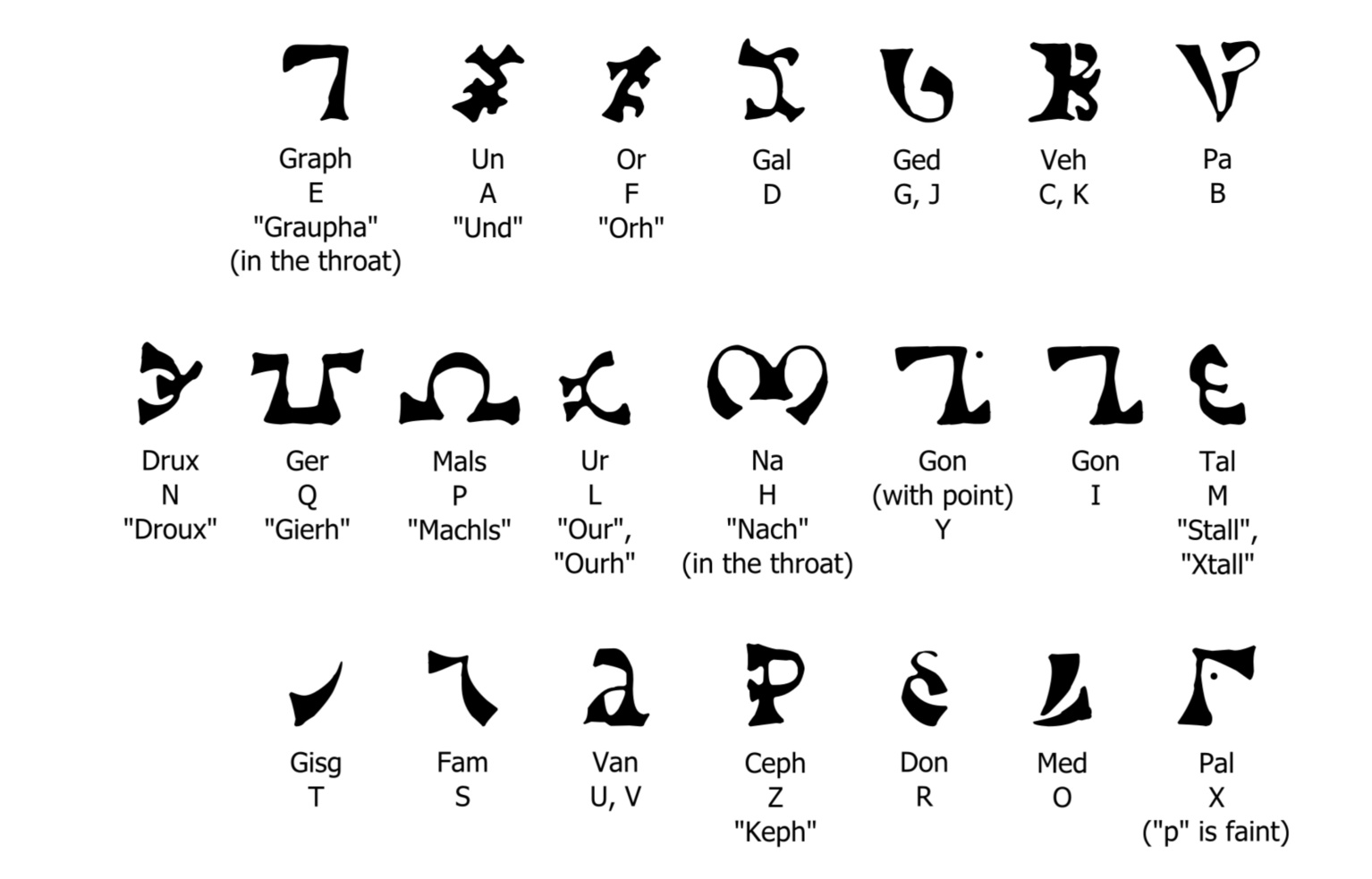
Enochian is an occult or angelic language recorded in the private journals of John Dee and his colleague Edward Kelley in late 16th-century England. Kelley was a spirit medium who worked with Dee in his magical investigations. The men claimed that the language was revealed to them by the Enochian angels. They also claimed this ‘celestial speech’ allowed magicians and occultists to communicate with angelic realms.
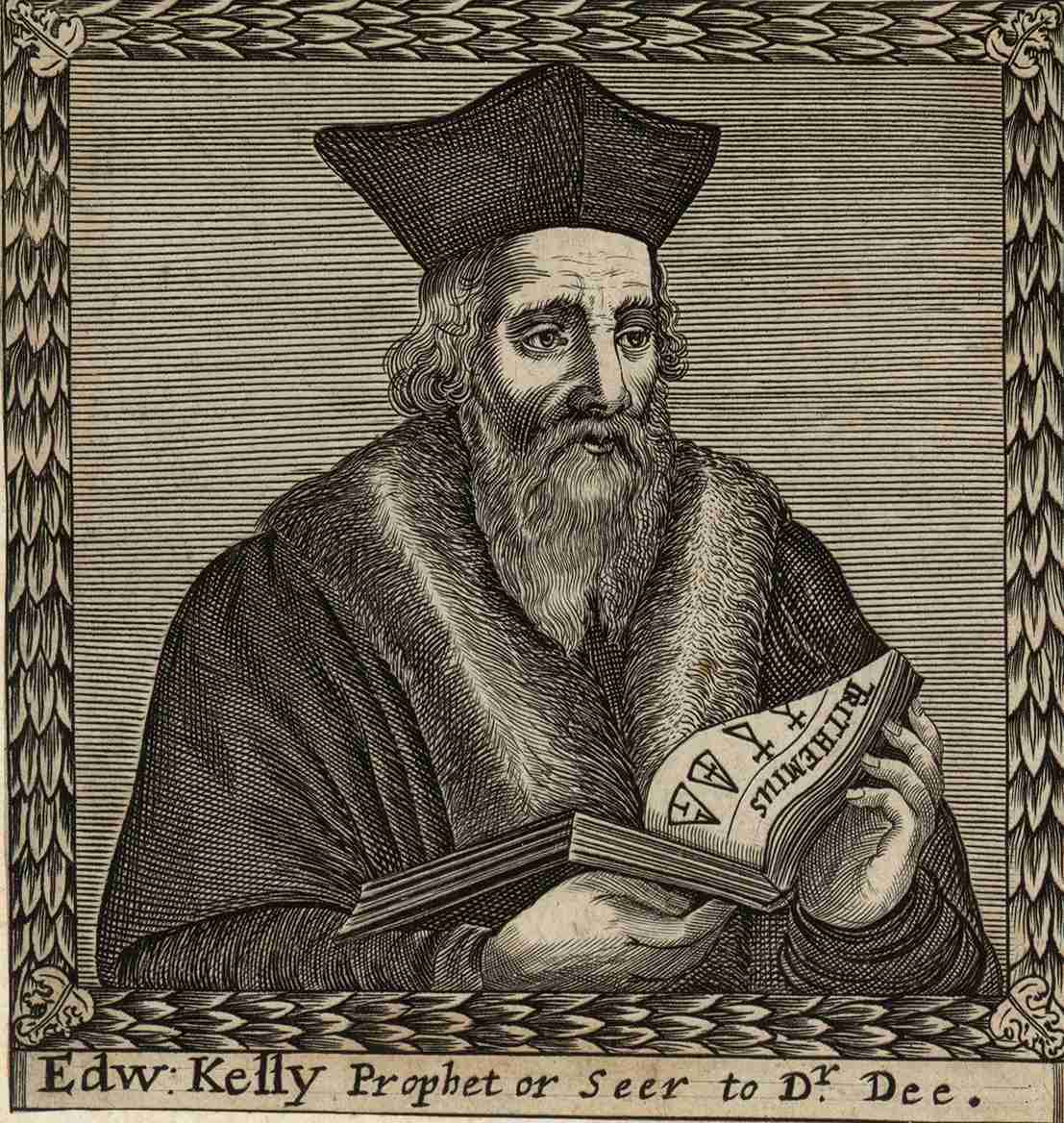
The term Enochian comes from the Biblical figure Enoch, who was a source of hidden mystical knowledge and was taken up to heaven. According to Genesis 5:24, he “walked with God” and Hebrews 11:5 states that he “was taken from this life, so that he did not experience death.”
Dee’s journals did not describe the language as “Enochian”, instead preferring descriptors like “Angelical”, the “Celestial Speech”, the “Language of Angels”, the “Holy Language” or “Adamical” because, according to Dee’s Angels, it was used by Adam in Paradise to name all things.
The term “Enochian” comes from Dee’s assertion that the Biblical Patriarch Enoch had been the last human (before Dee and Kelley) to know the language.
The idea that an antediluvian angelic language existed was quite common in John Dee’s time. If angels routinely interacted with humanity, as is clear in many passages of the Bible, then it would be possible for that interaction to occur in a kind of “common language,” a low and degraded language for angels, but remarkably complex for normal humans.
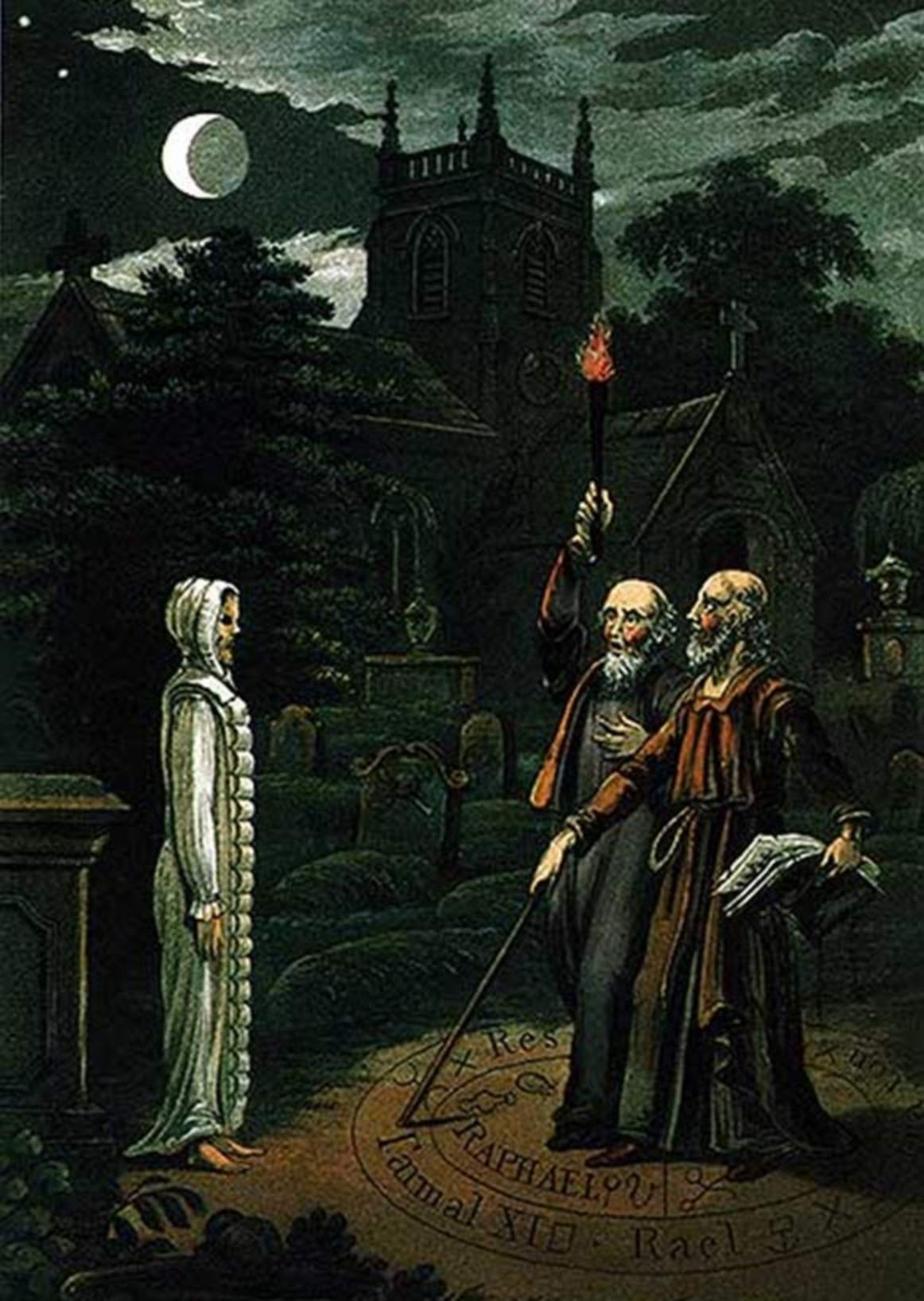
The first mention of the Enochian occurred in 1581. John Dee noted in his diary that God sent him an angel to communicate his intentions directly. In 1582, John Dee joined Edward Kelley as a medium. Apparently, together they managed to contact that angel, who revealed some rudiments of the Enochian.
John Dee argues that the Enochian is, in short, the language of God, the language that the Creator used to give an objective form to his mind, that is, to create the universe.
The angels are able to speak that language, just like Adam, but not with the nuance and subtleties of the divine palate. And men, even less qualified than angels, must conform to a rough and inaccurate pronunciation. By comparison, human languages sound like baby babbles in the face of the complexities of the Enochian.
After the embarrassing episode of the Tree of Knowledge (and that apple that never existed), Adam and Eve were expelled from paradise, but they took the Enochian with them, the same one that Adam had used to name all things.
In a way, John Dee argues that, over time, the Enochian gradually degraded, until it became what we know as proto-Hebrew, with few links to that tongue of angels.
There are two different versions of the Enochian Alphabet. The first version was found in Manuscript Dee, the first five mysterious books, and the second version, and is often more accepted than Liber Loagaeth’s (Liber Loagaeth is a grimoire of John Dee and Edward Kelley’s Enochian), after Kelley’s original drawing. Some magicians have claimed it to be the oldest language in the world, preceded by all other human languages.
In some circles, it is considered one of the strongest magic strains and a method of contact with intelligence from other dimensions. The detractors pointed out that Enochian’s syntax has a strong resemblance to the natural English language, the languages of Dee and Kelley.
The Enochian survived in the diaries and notebooks of John Dee and Edward Kelley, along with some short English translations. Currently, the Enochian continues to be closely studied by several prominent linguists, although with more detractors than followers.


